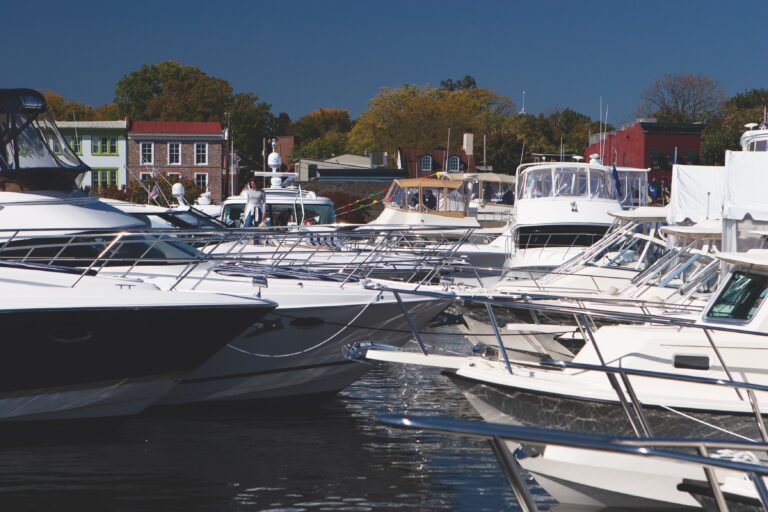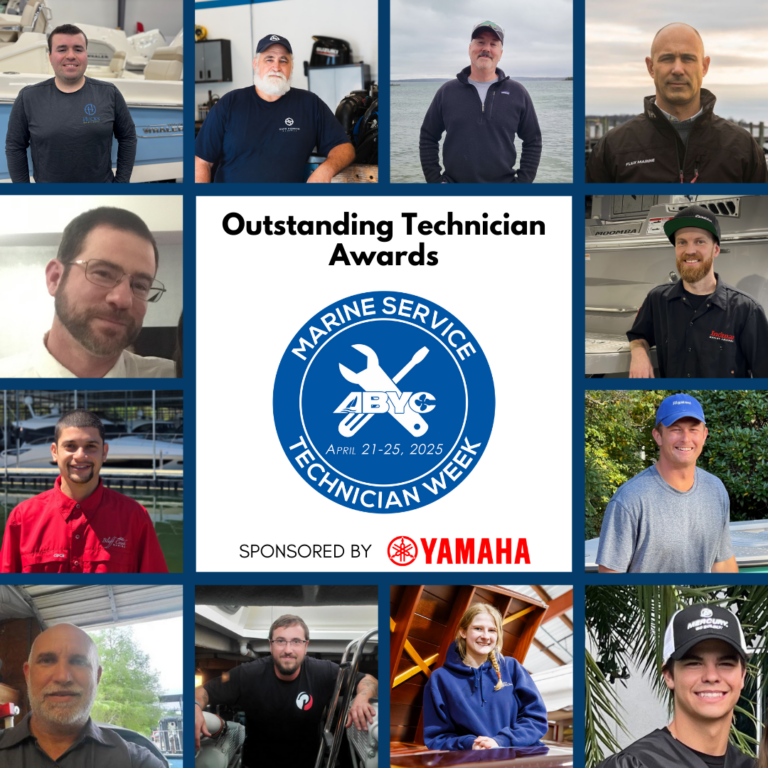WASHINGTON — The States’ Organization for Boating Access held a focus group on boating and fishing access Tuesday in advance of today’s opening of the American Boating Congress.
The group, an independent industry association that is partnering with the National Marine Manufacturers Association, recently launched a two-year study under a multistate conservation grant. The study is being done by the research firm Responsive Management and will incorporate information-gathering methods that include national telephone surveys of more than 3,000 boaters and anglers, boating law administrators and boating businesses.
Tuesday’s focus group was concentrated on the recreational boating industry. A dozen participants from across the industry engaged in a wide-ranging discussion on everything from the quality, quantity and maintenance of boat ramps to the tightening of fishing regulations.
Participants identified obstacles to boating and boating access, including limited points of access in urban areas, anxiety at the launch ramp for new boaters, time restraints for today’s busy families with divergent interests among family members, service quality after the sale and appropriate facilities for the growing number of kayaks, paddleboards and other human-powered craft on the water.
Launch ramps, particularly their state of neglect in today’s climate of budget tightening at all levels of government, was the dominant topic of discussion.
“There’s money out there to build boat ramps, but none to maintain them. It’s as simple as that,” Westrec Marinas vice president Jim Frye said.
“The inverse thinking that goes into municipal funding focuses on how to get the money to build something,” said Lou Sandoval, a partner in Karma Yacht Sales in Chicago. “Nobody’s thinking about how to maintain it after it’s built.”
All agreed that the overall state of many launch sites — a lack of parking, a lack of or severely under-maintained lavatories, overflowing trash containers and poorly designed ramps — discourage trailer boaters, the group that makes up the vast majority of boaters nationwide.
BoatUS president Margaret Podlich said the issue of boat storage is also becoming a deterrent to boating in some communities. She noted one in northern Virginia that prohibits the storage of boats on an owner’s property and areas in Florida with onerous restrictions that essentially force owners to hide their boats from public view by requiring them in some cases to set a boat back a certain distance from the curb or add shrubbery to conceal it from the street.
“There are an increasing number of local and county restrictions on storing your boat on your own property,” Podlich said.
Glenn Hughes, vice president/group publisher at Bonnier Corp., which publishes boating and sportfishing magazines, said registration and licensing fees generate funds that could be used to address some of these issues. He then noted a study by the Recreational Boating & Fishing Foundation that found one in five anglers don’t have a license.
He also said an increasing number of fishing restrictions, particularly in Florida, are a bigger issue and deterrent to boating and fishing than overall access.
The purpose of the study is to develop an assessment tool, adaptable at the state, regional and national levels, that is designed for repetition periodically to measure change, progress and improvement in access and overcoming obstacles to access.
— Rich Armstrong











